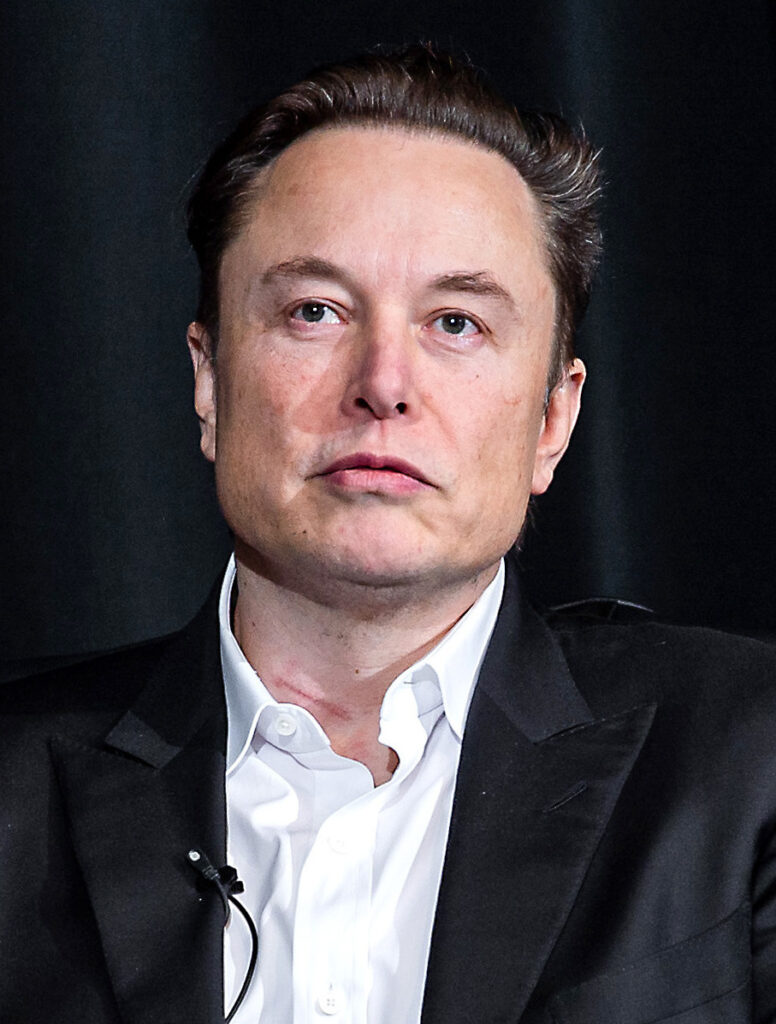Biden’s Proposal for a Billionaire Minimum Tax: A Closer Look

In his recent State of the Union address, President Joe Biden proposed a new tax on the wealthy: the billionaire minimum tax. While the idea garnered applause, it’s essential to delve into the complexities and implications of such a tax.
The Basics of the Billionaire Minimum Tax
- What Is It?
- Biden’s billionaire minimum tax aims to ensure that no billionaire pays a lower tax rate than a school teacher or firefighter.
- It doesn’t merely raise tax rates; instead, it targets wealth, including unsold stocks, bonds, and real estate.
- Households with a total net wealth over $100 million would pay a minimum effective tax rate of 20% on an expanded measure of income that includes unrealized capital gains.
- Taxing Unrealized Gains
- Under the plan, taxpayers would calculate their effective tax rate for the minimum tax.
- If their rate fell below 20%, they would owe additional taxes to bring it up to the minimum.
- The significant change is taxing unrealized capital gains as income. Currently, taxpayers owe capital gains only when they sell an asset.
- With the new tax, even if a tech founder’s stock value increases during the year (without selling), they would owe taxes on the paper gain.
- Elon Musk’s Hypothetical Tax Liability
- Let’s consider Elon Musk, the billionaire CEO of Tesla.
- If the billionaire minimum tax had been in effect in 2020, Musk would have owed a staggering $31 billion on his total net worth of $156 billion.
- In 2021, his net worth increased by $121 billion, implying an additional tax liability of $24 billion for the year.
Challenges and Controversies
- Volatility of Tech Stocks
- Taxing unrealized gains becomes complicated for today’s wealthy, especially those tied to volatile tech stocks.
- Musk’s wealth largely stems from Tesla stock, which can swing wildly from year to year.
- Revenue and Fairness
- The Biden administration claims that the billionaire minimum tax would restore fairness to the tax code.
- It also estimates that the tax would raise $360 billion in added revenue over a decade.
- However, it applies not only to billionaires but also to top millionaires.
Elon Musk’s Response
Elon Musk, known for his candid remarks, hasn’t shied away from expressing his views. While he hasn’t directly addressed the billionaire minimum tax, we can imagine his response:
“Taxing unrealized gains? That’s like charging me for the air I breathe while I’m still holding my breath. Let’s focus on innovation and progress instead.”
In conclusion, Biden’s proposal sparks debate, and its implementation would undoubtedly have far-reaching consequences. As the tax debate continues, Musk and other billionaires remain at the center of attention, balancing wealth, taxation, and societal impac
Leave a Reply